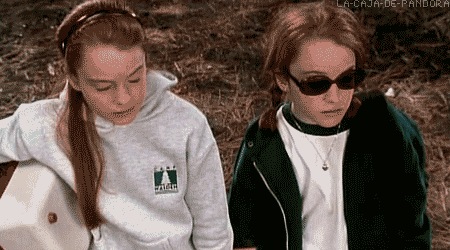First off, that was not
what I was expecting. I actually
laughed- and not even just a pity laugh. It was incredible how not only
Sophocles, but the actors and actresses were able to lighten up an incredibly
dark story. I will admit, I enjoyed
myself. I especially was intrigued by
the relationship between Chrysothemis and Electra.
Family relationships was
a huge theme throughout the play. Many I
couldn’t connect with, but I felt a bond with the two sisters. Electra and Chrysothemis were both affected by
the same experience, yet were polar opposites in the way they decided to let it
affect and guide their lives. Each is
trying to convince the other that they are handling the situation the wrong
way. At first, I thought Chrysothemis
was very shallow and more like an evil step sister. I realized, however, that she just takes a
logos approach to the events that have happened, recognizing that unrelenting
mourning will not bring about anything good.
Who’s to say hers wasn’t a better way?
Electra takes a pathos route
to the situation; she feels like Chrysothemis is living a lie by acting as if
nothing happened. One of my favorite
scenes was the conversation/argument between Chrysothemis and Electra. A powerful statement by Chrysothemis explains
a lot about their relationship, “It’s clear you could never bring yourself to
praise my words, nor I your ways”.
Although I do not have
any siblings with this relationship, I do have some friends who just do not
understand my words, and I do not understand their ways. We both feel the other is not living the best
way, and may at times argue- but when it comes down to it, I really do love them. We see this type of relationship often in
movies and in families. Sophocles was a
genius in connecting his audience then and now in being able to relate- as well
as helping us to realize that our way is not the only way, nor necessarily the
best. We have to look over and accept
differences in order to unite.

I liked how you shifted from seeing Chrysothemis as an "evil stepsister" to someone with a legitimate argument. This shows how our perceptions of people can often change. It's the whole "put yourself in someone else's shoes" thing--if we try to understand where people are coming from, we're more likely to see the reason behind their actions.
ReplyDeleteReally good post Kapri. And I like the picture you chose. Before the play the lecturer really emphasized the familial relationships. When he spoke about the sisters, he said it was love-hate. I thought you could really see that. There were times the girls loved each other and times they hated each other.
ReplyDelete